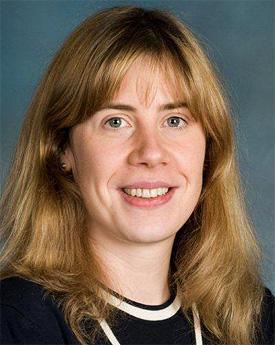
Credit: Lancaster University
One of the causes of breast cancer may be inflammation triggered by harmful bacteria say researchers.
Scientists say their idea- as yet unproven – is supported by the available evidence, which is that bacterial induced inflammation is linked to cancer.
The paper in the journal Medical Hypotheses is by Lancaster University medical student Auday Marwaha, Professor Jim Morris from the University Hospitals of Morecambe Bay NHS Trust and Dr Rachael Rigby from Lancaster University’s Faculty of Health and Medicine.
The researchers say that: “There is a simple, inexpensive potential preventive remedy; which is for women to consume natural yoghurt on a daily basis.”
Yoghurt contains beneficial lactose fermenting bacteria commonly found in milk, similar to the bacteria – or microflora- found in the breasts of mothers who have breastfed.
Dr Rigby said: “We now know that breast milk is not sterile and that lactation alters the microflora of the breast.
“Lactose fermenting bacteria are commonly found in milk and are likely to occupy the breast ducts of women during lactation and for an unknown period after lactation.”
Their suggestion is that this lactose fermenting bacteria in the breast is protective because each year of breast feeding reduces the risk of breast cancer by 4.3%.
Several other studies have shown that the consumption of yoghurt is associated with a reduction in the risk of breast cancer, which the researchers suggest may be due to the displacement of harmful bacteria by beneficial bacteria.
There are approximately 10 billion bacterial cells in the human body and while most are harmless, some bacteria create toxins which trigger inflammation in the body.
Chronic inflammation destroys the harmful germs but it also damages the body. One of the most common inflammatory conditions is gum disease or periodontitis which has already been linked to oral, oesophageal, colonic, pancreatic, prostatic and breast cancer.
The researchers conclude that: “The stem cells which divide to replenish the lining of the breast ducts are influenced by the microflora, and certain components of the microflora have been shown in other organs, such as the colon and stomach, to increase the risk of cancer development.
“Therefore a similar scenario is likely to be occurring in the breast, whereby resident microflora impact on stem cell division and influence cancer risk.”
###
Media Contact
Gillian Whitworth
[email protected]
44-152-459-2612
Related Journal Article
http://dx.




